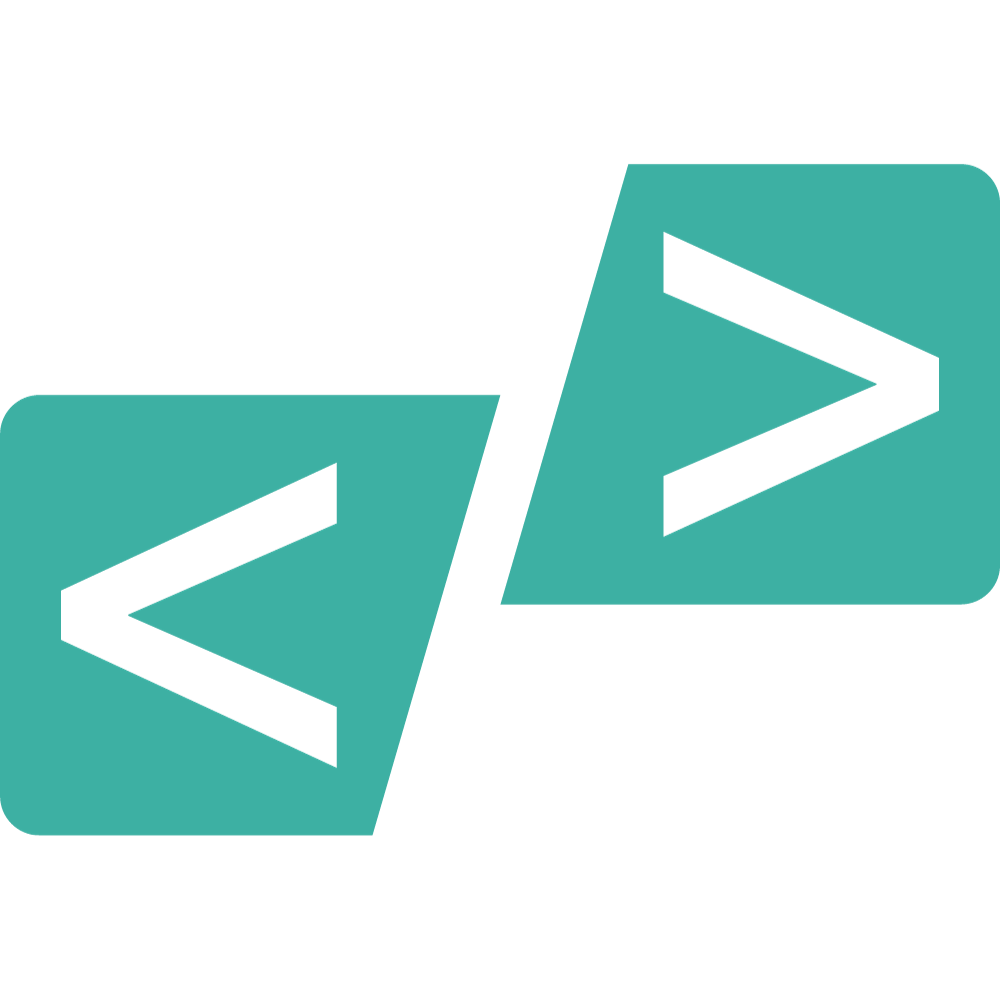8 reasons why you should stay up to date with your CRM & ERP
In the ever-evolving landscape of business technology, staying current with your ERP and CRM software is vital, especially in the era of Software as a Service (SaaS). Here's why it should be a top priority for your organization:
1. Efficiency and Productivity: Keeping your ERP and CRM software up to date ensures that your business processes remain efficient and streamlined. New features and updates often come with enhanced functionalities, automations, and integrations that can significantly boost productivity.
2. Security Enhancements: Security threats are constantly evolving, and outdated software is more susceptible to vulnerabilities. Regular updates to your ERP and CRM systems include security patches, safeguarding your sensitive business data and ensuring compliance with industry regulations.
3. Compatibility with New Technologies: The business landscape is dynamic, with emerging technologies influencing how companies operate. Updated ERP and CRM systems are more likely to be compatible with the latest technologies, facilitating seamless integration with other tools and platforms.
4. Enhanced User Experience: Modern software updates often come with improvements in user interfaces and experiences. Upgrading your ERP and CRM systems can lead to a more intuitive and user-friendly environment, reducing the learning curve for your team and increasing overall user satisfaction.
5. Scalability and Flexibility: As your business grows, so do its demands. Up-to-date ERP and CRM systems are designed to scale with your business, accommodating increased data, users, and transactions. This scalability ensures that your software can adapt to the evolving needs of your organization.
6. Access to New Features and Functionalities: Software developers regularly introduce new features and functionalities to address changing business requirements. By staying current, you unlock access to these innovations, allowing your business to leverage cutting-edge tools that can provide a competitive edge.
7. Cost-Efficiency: Delaying updates may lead to more significant issues down the line, requiring extensive resources for troubleshooting and problem resolution. Proactively maintaining your ERP and CRM systems can save costs in the long run by preventing major disruptions and downtime.
8. Compliance with Industry Standards: Industries often have specific compliance requirements, and software updates are developed to align with these standards. Ensuring your ERP and CRM systems are up to date helps your business maintain compliance, reducing the risk of legal and regulatory issues.
In the SaaS era, where software is continuously evolving, staying abreast of updates for your ERP and CRM systems is not just advisable but essential. It's a strategic investment in the longevity, security, and efficiency of your business operations. Don't let outdated software hinder your growth—prioritize staying current to thrive in the digital landscape.



